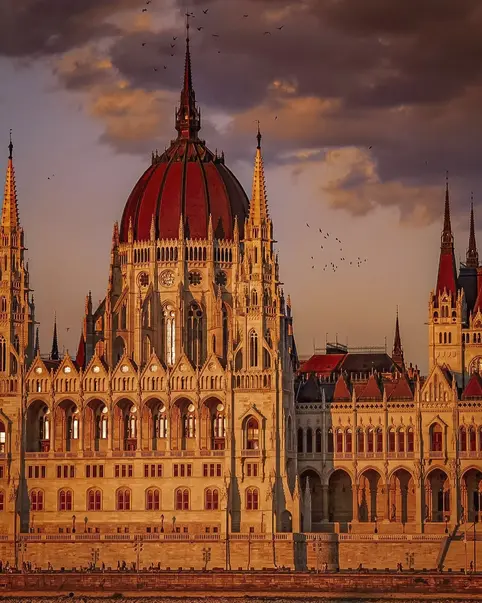
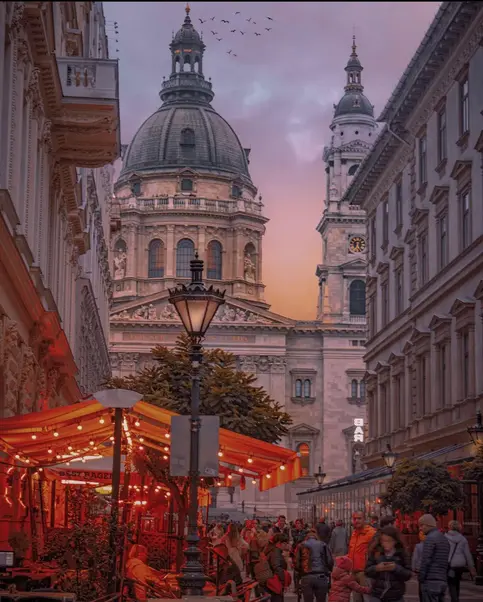
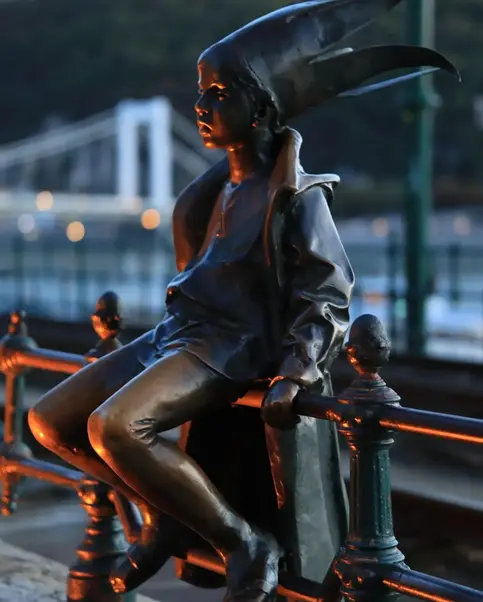
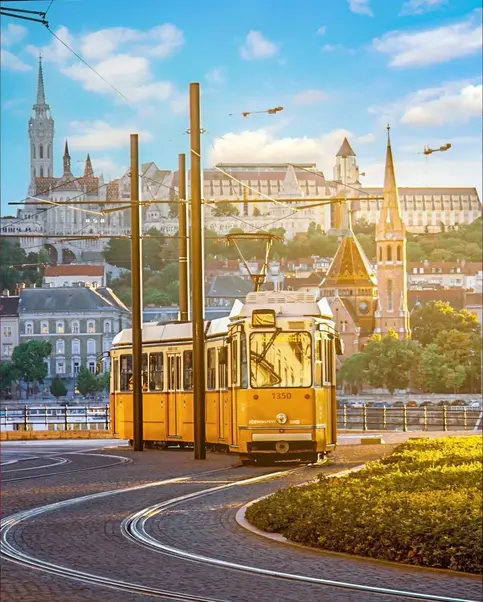
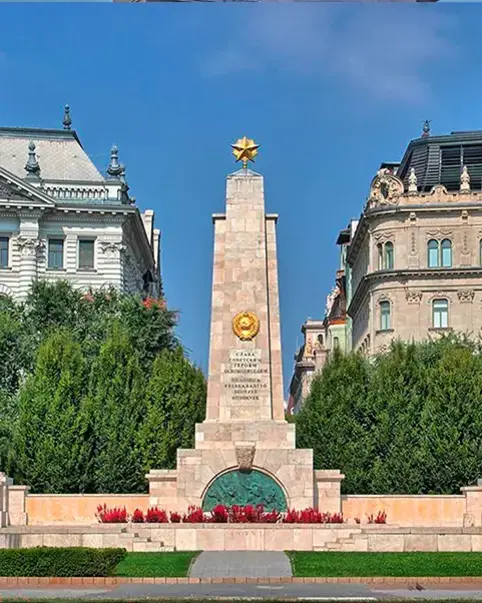
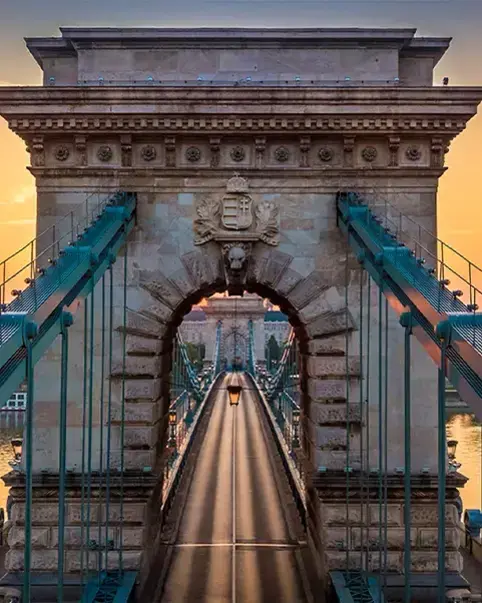
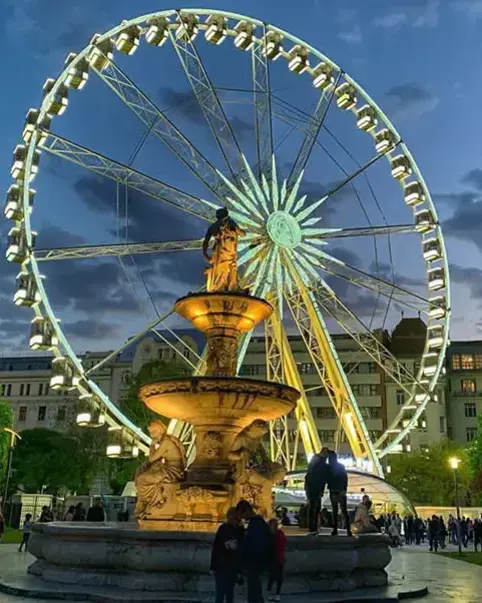
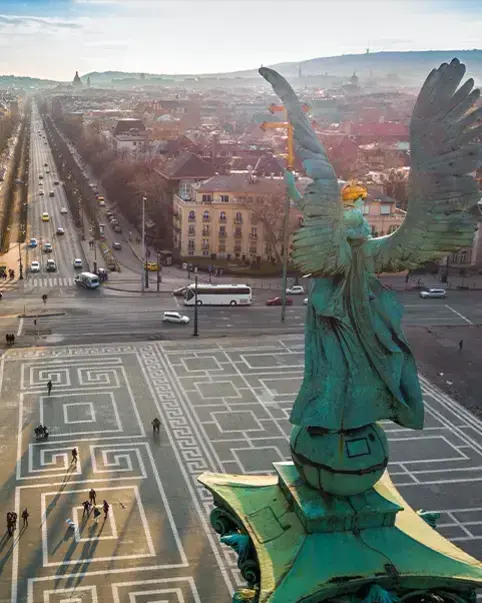
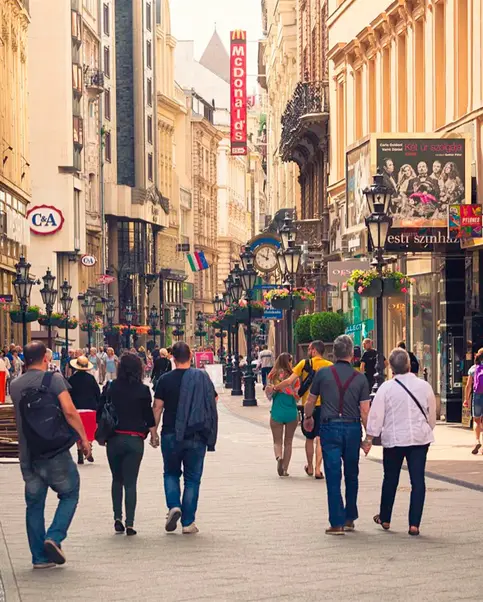
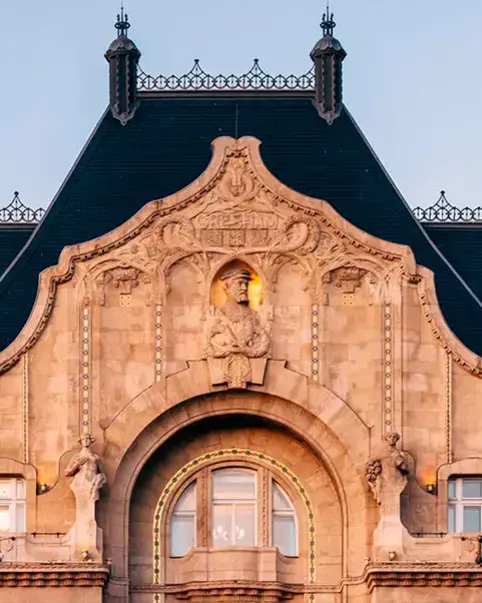
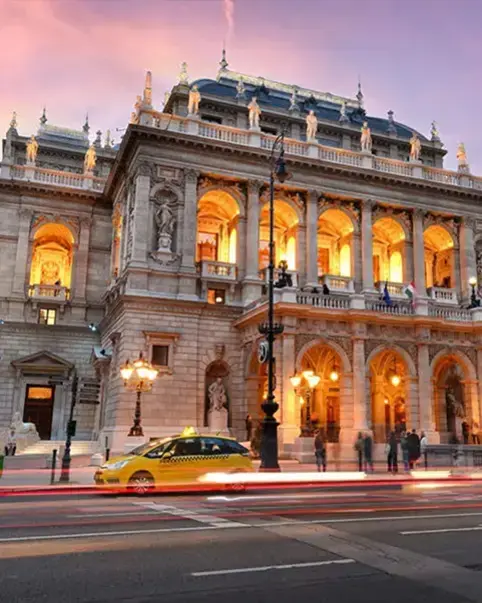
✅ BY LOCALS © Budapest Free Walking Tour
Tour description
FIRST DAY IN BUDAPEST?
“The must-see tour of Budapest,” that’s how our travelers describe it. 🤩
🤔 Want to know everything about Budapest in a short time and in a practical, fun way, without complications?
History 📖, architecture 🏛️, tips 💡, and recommendations for your first day in Budapest 👌
Enjoy a pleasant walking tour 🚶 through the streets and squares of Budapest to easily discover the best of its monuments and historical buildings, such as the Parliament, Chain Bridge, and St. Stephen’s Basilica.
Discover the history of the 7 Hungarian tribes 🏹, great poets 🪶, the legend of the lions 🦁, and the battles ⚔️ that shed the blood of our ancestors to defend this land 💚🤍❤️.
Learn about traditional food 🍲, points of interest like our favorite bars 🕺, palaces 🏰, and restaurants 🧑🍳. Find out how public transportation works 🚊, how Hungarians toast 🥂, and what not to do in Budapest ⚠️.
All this and more in this authentic and fun tour of Budapest.
Limited spots available. Don’t wait, book now!
Historical Content
- Origin of the Hungarians
- Christianity
- Austro-Hungarian Empire and Empress Sissi
- World War I and Treaty of Trianon
- World War II and the Holocaust
- Communism in Hungary
- Budapest today
Tips
- Restaurant, boat, and other recommendations
- Traditional food
- Must-do activities
- Mobility (transportation)
What will we see on this tour?


 Guru:
Guru:










